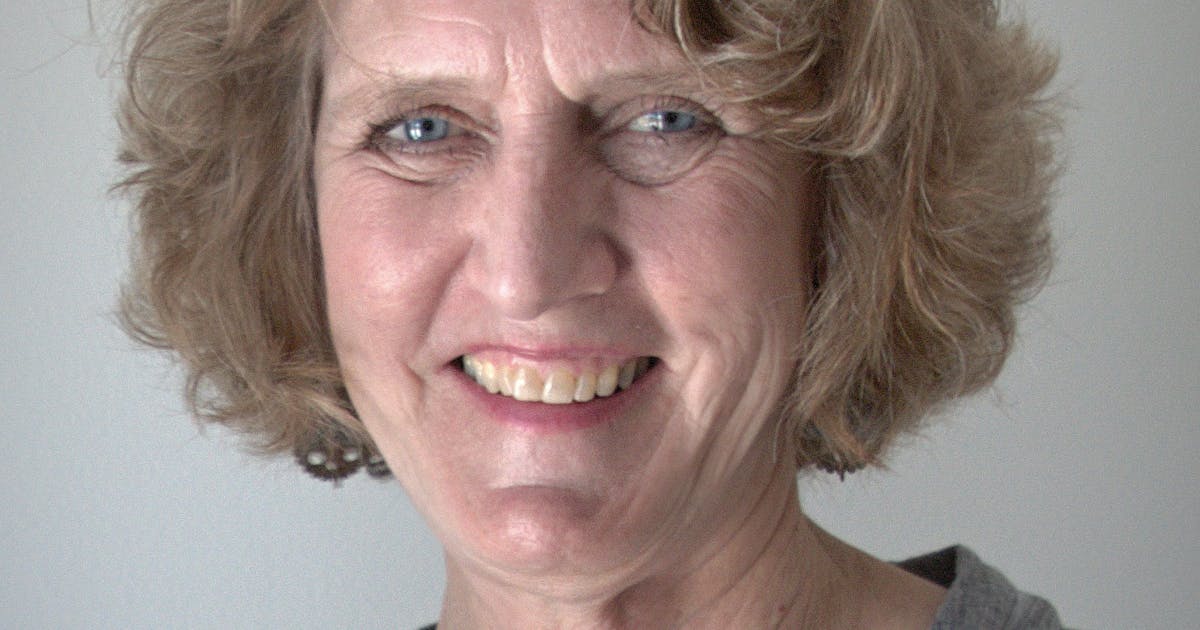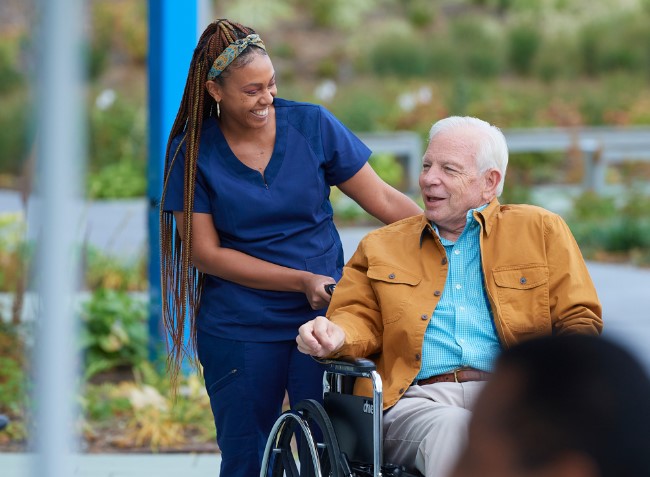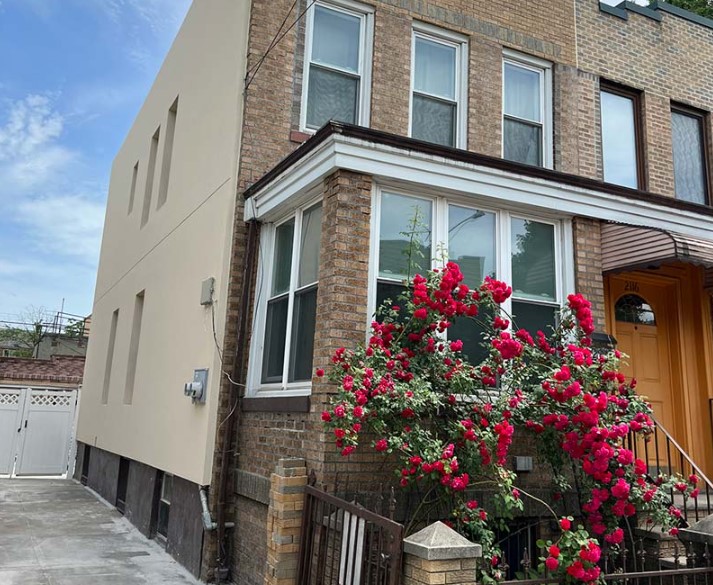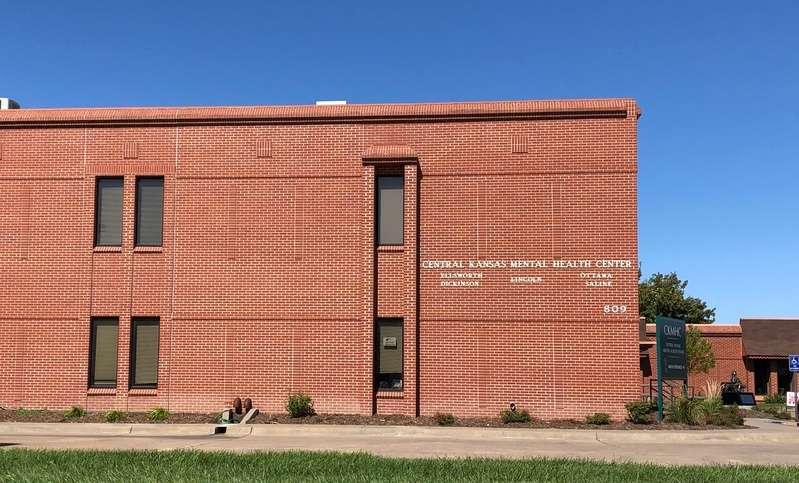Deanna Mills, leader of safety-net clinics in the Twin Cities who saw health care as a matter of social justice, dies at 67

The Twin Cities is home to a dozen federally funded clinics that are targeted to help communities with limited access to health care.
Deanna Mills ran three of these safety-net health centers during a career that spanned four decades — all so that patients could overcome barriers to staying well and receiving needed treatment.
Mills viewed it as a matter of fairness that everyone should be able to find high-quality and affordable medical and dental care, colleagues said. Her work focused on supporting low-income Minnesotans and those in racial and ethnic minority groups who routinely suffer worse outcomes when diagnosed with a variety of health conditions.
Mills died on March 9 after a short illness with cancer. The Clearwater resident was 67.
“Her spirit lives on in every community health center in this state,” said Jonathan Watson, executive director of the Minnesota Association of Community Health Centers. “It takes a unique person to run a community health center — to have the business acumen and the spirit of social justice for populations that are often overlooked in our state, unfortunately. So, she was that voice.”
Deanna Eileen Mills was born in Minneapolis. She earned undergraduate and graduate degrees in public health at the University of Minnesota.
Beginning in 1987, Mills served more than four years as executive director of Southside Community Health Services, a small nonprofit medical and dental clinic that served low-income residents in south Minneapolis.
She moved to a larger community health center in north Minneapolis, serving as executive director. In this role, Mills participated in a meeting with then-First Lady Hillary Clinton on health care reform proposals.
After several years of consulting work, Mills served nine years as executive director of Community-University Health Care Center in the Phillips neighborhood of south Minneapolis.
The clinic was one of Minnesota’s first community health centers, but it was struggling in the mid-2000s with financial problems that forced a layoff of 20 people.
“She just really stood strong, and kind of weathered the storm, and really kept the team going,” said Colleen McDonald Diouf, the clinic’s current chief executive.
Mills helped launch and lead a pioneering collaboration across the safety-net clinics that boosted quality by helping people avoid unnecessary and costly trips to the emergency room and hospital.
It was recognized by an outside report in 2013 that described the program’s success and included, without attribution, a comment from Mills explaining how 10 health centers in the group had shifted from “fierce competitors to fierce collaborators.”
“She’d tell me all the time, people need to see the value of why coming together is better … She was just an amazing woman — tough as nails and a heart of gold,” McDonald Diouf said.
Mills recently resigned due to illness from the board of directors at Dodoma Tanzania Health Development, which helps support a major medical center in the African country.
“Her strength was getting things done through other people, but her magic was getting people to do more things — and do them better — than they thought they could,” said Anthony Hall, her husband.
The couple loved to travel, including trips to watch birds. Prized sightings for Mills included trogons in Costa Rica and a chestnut-collared longspur in North Dakota.
In addition to her husband, Mills is survived by children Marcus Hall of Nashville, Demetrius Hall of Brooklyn Center and Patricia Hall of Phoenix. She also is survived by two sisters, a brother and two grandchildren.
A memorial service is planned for 11 a.m. May 14 at Park Avenue United Methodist Church, 3400 Park Av. S., Minneapolis.







